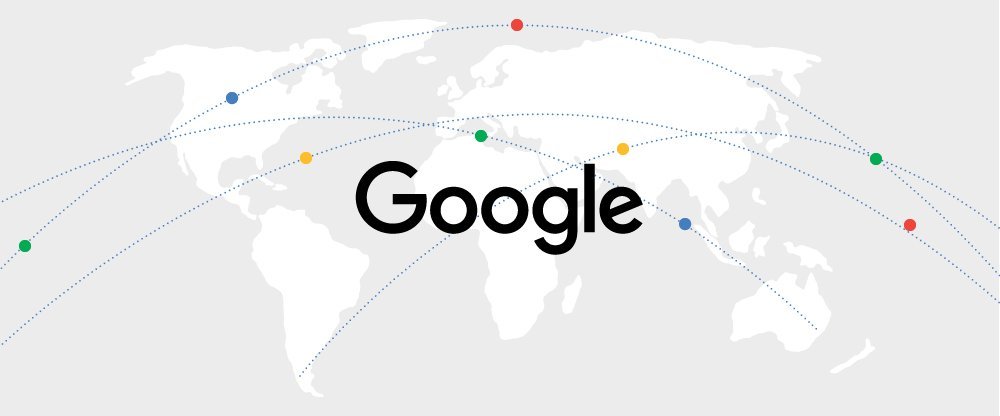Google is about to test a secret network 6GHz in several states in the US, according to a number of listings of the FCC identified by Business Insider.
The company has sought approval from government to experiment with next-generation Wi-Fi technology in dozens of states: Arizona, California, Colorado, Florida, Georgia, Illinois, Iowa, Kansas, Nebraska, Nevada, New York, North Carolina, Oklahoma, Oregon, Texas, Utah, and Virginia.
The plan is to “conduct radio experiments in and near the 6GHz band (5650 MHz – 7125 MHz)” in selected cities in each of these states. Google asks for one or two cities in every state, with the exception of California, where it plans to conduct trials in seven cities, including Los Angeles and San Francisco.
"Google is proposing experimental broadband testing in the 6GHz band to generate technical information about the usefulness of these frequencies for providing reliable broadband connections," the company said in a statement.
The request came as the FCC opened a comeye spectrum in the 6GHz band for unlicensed uses in April. Some companies have expressed concerns that existing infrastructure could be affected, and for that Google promises that its tests will be performed "without harmful interference to other authorized users."
The new technology is expected to offer faster internet speeds by more than doubling the available Wi-Fi frequencies, but do not expect to see anything too soon. Google asked for 24 months to play with 6GHz networks.
It is not clear why Google is asking permission to experiment with the 6GHz band, but since the company is already involved in other internet services with Fiber, Nest and Stadia, it certainly has every incentive to improve Wi-Fi standards.





